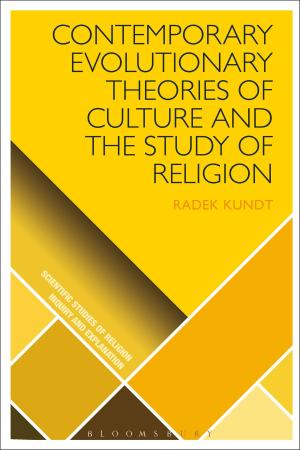Why Universities Should Seek Happiness and Contentment
Nonfiction, Reference & Language, Education & Teaching, Educational Theory, Philosophy & Social Aspects, Administration| Author: | Professor Paul Gibbs | ISBN: | 9781474252065 |
| Publisher: | Bloomsbury Publishing | Publication: | August 24, 2017 |
| Imprint: | Bloomsbury Academic | Language: | English |
| Author: | Professor Paul Gibbs |
| ISBN: | 9781474252065 |
| Publisher: | Bloomsbury Publishing |
| Publication: | August 24, 2017 |
| Imprint: | Bloomsbury Academic |
| Language: | English |
The totalising effect of consumerism, well-being and satisfaction is a discourse which may negate the value of struggle and mastery of complex subjects and a realization of personal potentiality. Why Universities Should Seek Happiness and Contentment considers the consequences of a hedonistic and well-being centred model of student education as one of the goals of higher education and proposes an alternative goal for higher education. In a globalised consumer society where the anxiety for an identity leads to the fear of not reaching the standard, Paul Gibbs shows how anxiety can be harnessed to secure contentment with one's own future without the fear of consumer-induced emptiness. He conceptualises higher education in a counter-valued way to the current dominant discourse of higher education institutions and educational policy while placing students at the centre of their own educational activity. In doing so, Gibbs proposes contentment as a guiding principle of higher education.
The totalising effect of consumerism, well-being and satisfaction is a discourse which may negate the value of struggle and mastery of complex subjects and a realization of personal potentiality. Why Universities Should Seek Happiness and Contentment considers the consequences of a hedonistic and well-being centred model of student education as one of the goals of higher education and proposes an alternative goal for higher education. In a globalised consumer society where the anxiety for an identity leads to the fear of not reaching the standard, Paul Gibbs shows how anxiety can be harnessed to secure contentment with one's own future without the fear of consumer-induced emptiness. He conceptualises higher education in a counter-valued way to the current dominant discourse of higher education institutions and educational policy while placing students at the centre of their own educational activity. In doing so, Gibbs proposes contentment as a guiding principle of higher education.















